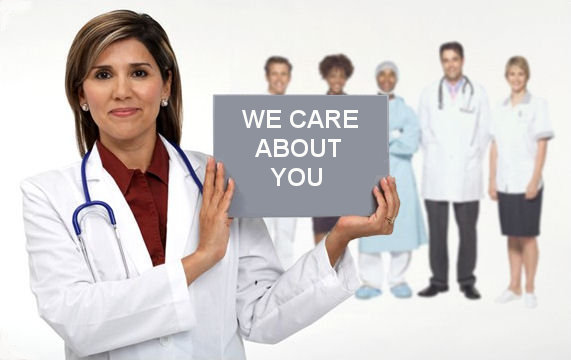The structure of the NHS is so that service users are at the centre of everything we do.
There's the Governmental sections:
Department of Health - Creators of policies, legislation, law
Parliament - Passes these laws
The Non-Departmental and Regulatory Bodies:
NHS England - Set out from the Health and Social Care Act'12
runs the day-to-day life of the NHS including finances and budgeting
Care Quality Commission - Regulate all NHS services through inspection
to ensure they meet protocol, law and legislation
Monitor - Regulate all Foundation Trusts through inspection
to ensure they meet protocol, law and legislation
Health Research Authorities - Regulates research within the NHS to protect patients,
ensures evidence based practice.
The National Organisations:
Clinical Commissioning Groups - Commission Any Qualified Provider
for patients to choose their care from.
HealthCare Professions Council - Provide protected-title registration for
Healthcare Professionals who meet their standards.
Healthwatch England - Local health groups which raise awareness
of patient's concerns to the CQC
Healthwatch England - Local health groups which raise awareness
of patient's concerns to the CQC
The Local Services:
Primary Care providers - Provide prevention, advice and
initial treatment (GP's, Dentists)
Secondary Care providers - Provide acute treatment (Emergency Departments)
Tertiary Care providers - Provide care for chronic illnesses (Oncology departments)
Finally, the most important:
Service Users - Patients, Carers, Family and Friends.
The White Paper'10
The NHS has committed to constantly improving it's services to provide the best care possible, best value and better efficiency. The White Paper (2010) set out the NHS to become more efficient and less bureaucratic. The White Paper changed Primary Care Trusts to Clinical Commissioning Groups of general practice, who are responsible for choosing and buying health services from AQP's. £80 billion of the NHS budget will be held by GP's (who need to be trained in financial and managerial aspects of commissioning). CCG's allow for more user involvement when planning service delivery and allow the patients to have a better choice of care. Also, by allowing healthcare services to be commissioned away from the NHS, it increases motivation within departments to be better, so that the patient would choose their service.
The Patient Advice and Liaison Service (PALS)
PALS provides general advice to patients about their care, but also is platform for patients to raise concerns and complaints about the care they have received. Every hospital must have a PALS department, and must advertise it's existence and encourage it's usage.



0 comments:
Post a Comment